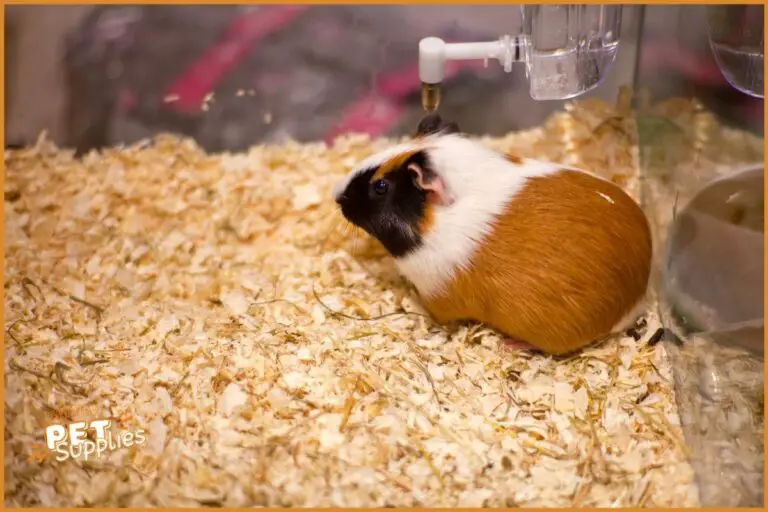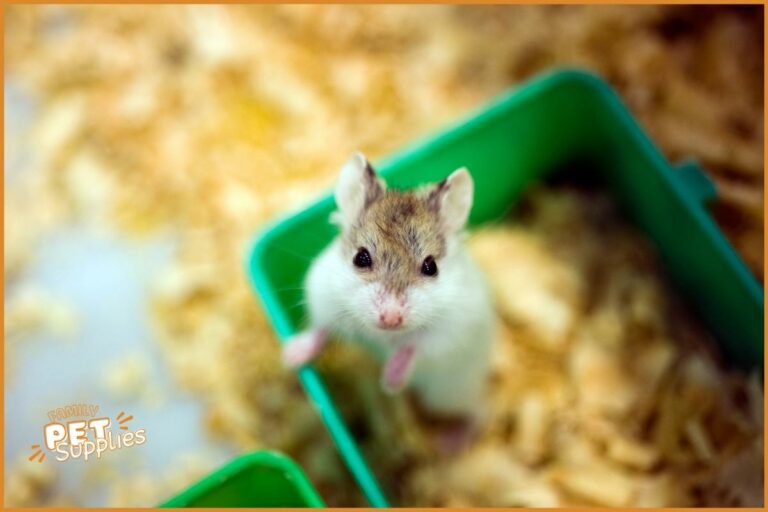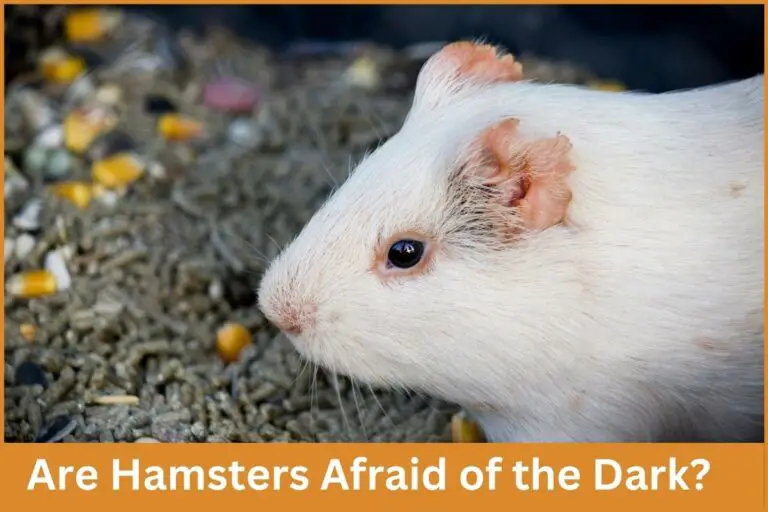Hamsters are nocturnal pets that sleep heavily during daylight hours. Here’s what to know about hamster circadian rhythms and sleep:
- Nocturnal Nature – As prey animals, hamsters evolved to avoid daytime predators and forage at night. Their peak activity time is dusk to dawn.
- Light Sensitive – Exposure to light, even ambient room light, suppresses melatonin production and interferes with sleep cycles in hamsters.
- Nap Habits – Hamsters take short naps sporadically through the night between bouts of activity. On average, they sleep a total of 10-12 hours per day.
- Deep Sleepers – Hamsters sleep very deeply and are difficult to wake. Avoid unnecessary disruptions during daylight hours when sleep is heaviest.
- Bedding Burrows – In the wild, hamsters burrow underground to sleep safely. Provide deep, nestable bedding for burrowing and napping.
- Cage Placement – Keep hamster cages away from windows, direct light, and high traffic areas to create a suitable dark, quiet space for undisturbed daytime sleep.
- Nocturnal Care – Since hamsters are most active at night, provide fresh food and interact with them during their natural waking hours after dusk.
- Circadian Disruption – Sudden schedule changes, light pollution, and stress can disrupt healthy sleep-wake cycles resulting in lethargy.
Paying attention to hamsters’ natural sleep rhythms allows them to follow their nocturnal instincts.



















